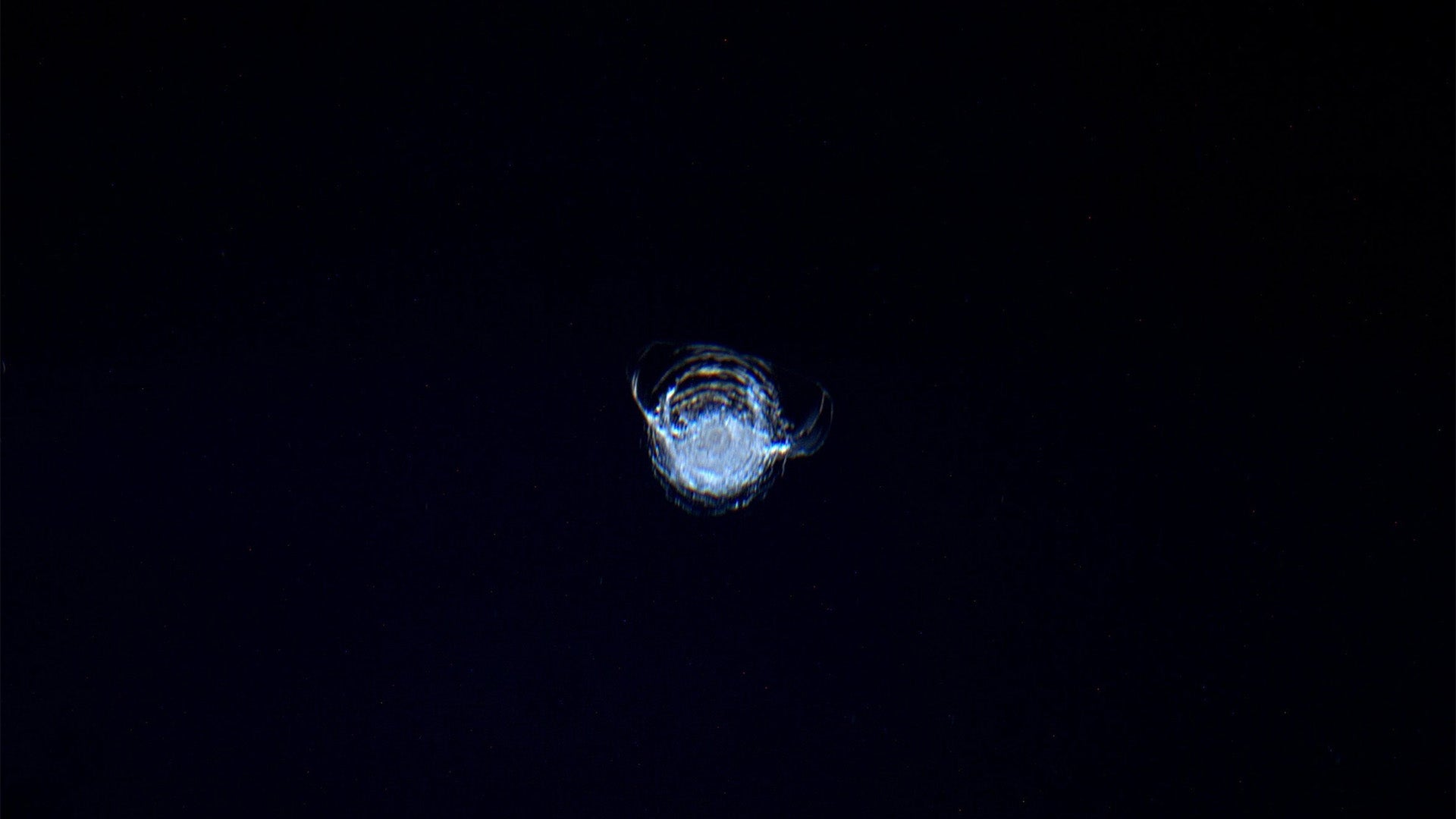The US will no longer destroy satellites with missile tests
The US will stop testing missiles that destroy satellites in orbit and spread debris that can damage and disable other spacecraft, vice president Kamala Harris said today at Vandenberg Space Force Base in California.


The US will stop testing missiles that destroy satellites in orbit and spread debris that can damage and disable other spacecraft, vice president Kamala Harris said today at Vandenberg Space Force Base in California.
She called on the international community to adopt this policy widely as a new norm of responsible space activity in the 21st century.
The US decision comes after a series of tests since 2008, most recently by Russia in November 2021, that have cast thousands of pieces of debris into orbit around the planet. These high-velocity chunks of metal pose a threat to satellites and to humans in orbit, whether in spacecraft or onboard the International Space Station or China’s Tiangong.
Private firms and governments are launching more satellites than ever before as cheaper and more powerful technology allows them to create more value in orbit. As the area around our planet becomes increasingly crowded with spacecraft, they are more vulnerable to colliding with space junk, and to potential debris cascades as collisions lead to more debris, and more potential encounters.
The importance of space hardware to global communications, navigation, and surveillance hasn’t been lost on militaries, particularly in the US, which created the US Space Force to dedicate itself to space warfare. But that same importance has led China (2007), Russia (2021), and India (2019) to demonstrate the ability of their armed forces to destroy satellites. The US most recently demonstrated its anti-satellite capabilities for the first time since the Cold War by blowing up a satellite in 2008, a move seen as a response to China’s test the year before.
The push to ban kinetic ASAT weapons
Planet, one of the world’s largest private satellite operators, issued a statement last week calling on president Joe Biden to adopt a moratorium on destructive weapons tests in orbit. US policymakers had already hinted at their support for such a policy at a public meeting last fall that discussed adopting new norms and rules for space behavior.
“Today’s announcement by Vice President Harris is an important first step in eliminating the use and testing of debris-creating anti-satellite weapons,” Robbie Schingler, Planet’s chief strategy officer, said. “Working with international partners and commercial companies, the US has an opportunity to foster a safe space environment and protect the critical services that space-based resources provide to humanity, like global communications and essential climate data.”
Opposition to a moratorium is likely to come from hawkish figures who argue the US needs a free hand to demonstrate any weapons systems it may need, though the long-time US experience with these weapons may also give it an advantage in the case of an international ban. Some military observers note that anti-satellite weapons are a unique threat to the US because it relies on space more than its rivals.
A White House official noted that the Biden administration requested the largest increase in military space spending ever, asking Congress to approve $24.5 billion next year. While that may help ease concerns from hawks, it’s unlikely to convince Russia or China to slow the development of counter-space weapons.
Still, China is plotting large satellite constellations of its own and an ambitious human spaceflight program, giving it its own reasons to limit debris in orbit.
Militaries around the world are also developing anti-satellite weapons that don’t rely on explosions. Instead, they might use lasers to blind or disable spacecraft; energy transmissions that jam or spoof their communications; or the ability to hack control systems to eavesdrop, or disable the satellite entirely.